AI researchers warn AI could take our jobs, replace creatives, and even take away the sense that our lives have meaning. Japanese scientist Ken Mogi, argues that the Japanese philosophy of ikigai can help overcome these threats from AI. Ikigai, which Mogi argues is wrongly translated as "purpose in life", has entered the global conversation with best-selling books highlighting the connection between ikigai and well-being, and even life expectancy. By escaping the idea that meaning in life is measurable or based on productivity, ikigai could prevent the AI we build from falling into that same trap.
In recent years, the Japanese word ikigai has come to be widely known in the world. Typically translated as purpose of life, ikigai is deeply embedded in the life of the Japanese people. I have written a book on ikigai in 2017, and it has been translated into 32 languages and published in 58 countries. In Germany, my ikigai book became the no.1 bestselling non-fiction book of the year 2024.
Ikigai is known to be tightly associated with well-being. A landmark study conducted in Japan found significant correlations between ikigai and longer life expectancy. Today, there is interest in ikigai as a health-promoting principle, originally coming from the island nation of Japan, which boasts one of the longest life expectancies in the world, and is applicable to people everywhere.
SUGGESTED VIEWING The game of life With Slavoj Žižek, Steven Bonnell, Lisa Miller, Myriam François
Intriguingly, ikigai is now starting to have a significant impact on AI alignment. Ever since the so-called ChatGPT moment in 2023, people have been amazed and fascinated by the rapid development in AI. AGI (Artificial General Intelligence) and ASI (Artificial Superintelligence) are now discussed not only as fantastical hypotheses but also as practical research and development themes. Given the accelerating advances of AI, ikigai is emerging as a humanistic principle that could help us see where to go from here.
___
Purpose is a universal evaluator of many fields of human activities, and will certainly lead at least a part of artificial intelligence development from here.
___
In a Lex Fridman podcast, AI researcher Roman Yampolskiy discussed ikigai risk, the potentially detrimental effect of AI development on people's mental welfare, in terms of depriving their sense of ikigai. The ikigai risk could turn out to be even more dangerous than things like losing jobs due to AI. Loss of ikigai would cut more close to the heart than job loss, and lead to a fundamental deterioration of the human experience. On the other hand, there could be ways to enhance people's sense of ikigai through the use of artificial intelligence, by letting people focus on things that would give them ikigai in their professional and private lives, while delegating ikigai-less chores to AI.









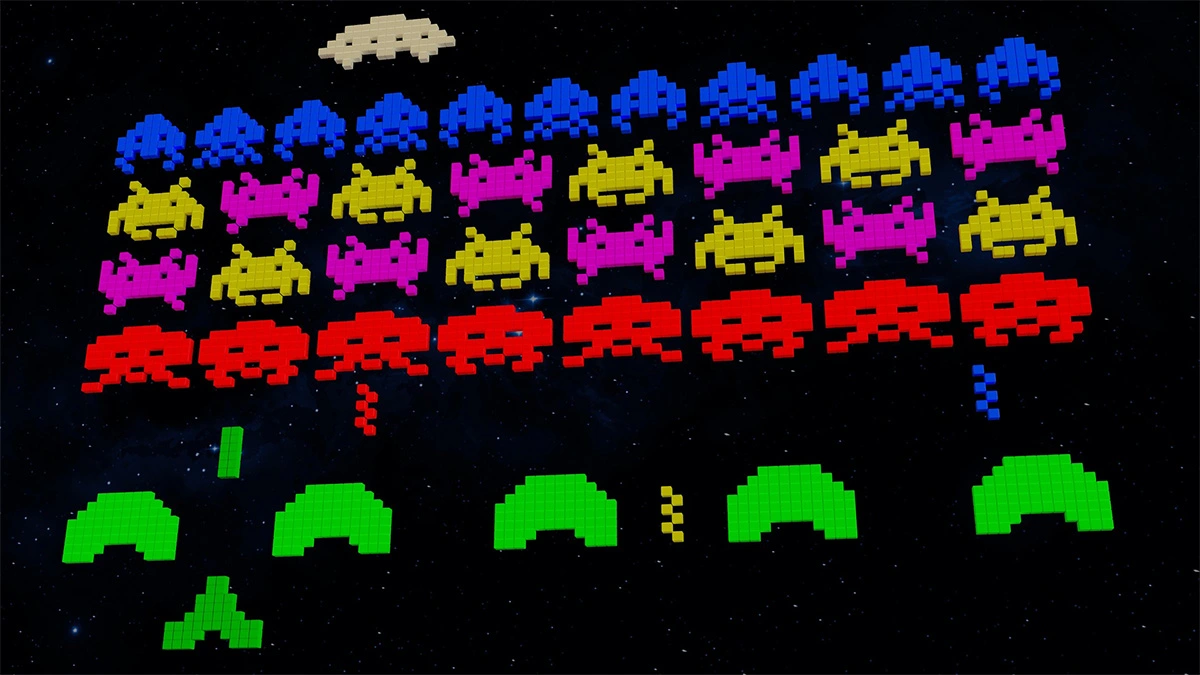

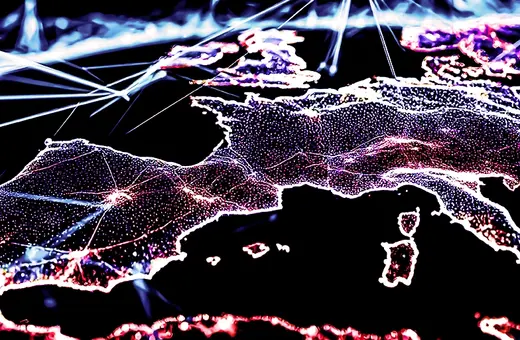
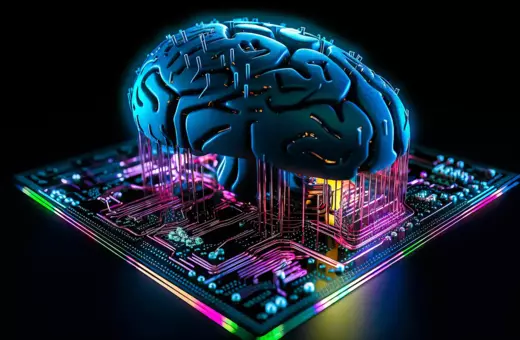
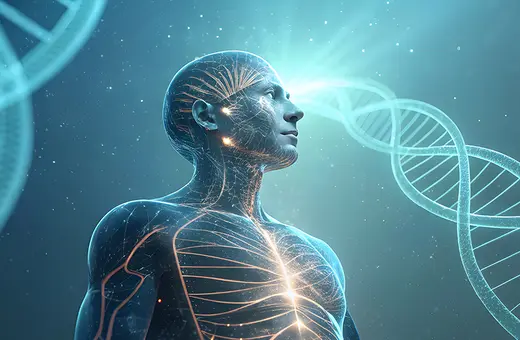


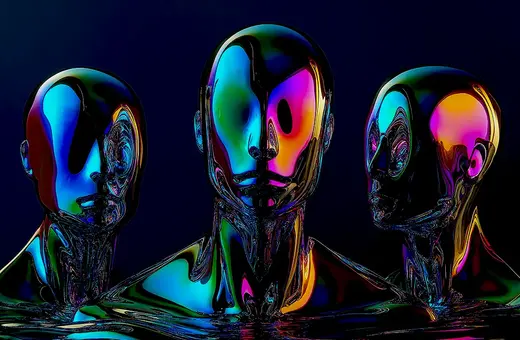




Join the conversation